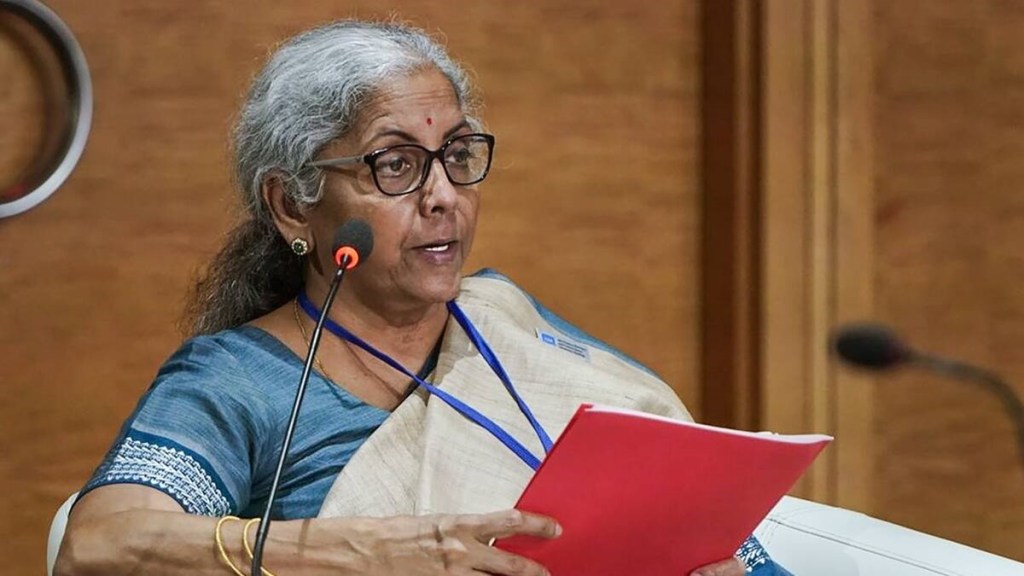With Russia-Ukraine conflict leading to a spike in global commodity prices, India chose to import cheaper fuel from Russia and other available sources keeping the country’s interest in mind, Finance Minister Nirmala Sitharaman said on Monday.
The government also had to more than double the budget allocation on fertiliser subsidies to insulate farmers from a sharp increase in global prices, she said.
“We did not come under any pressure, we made sure that affordable fuel came to India. So, we took decisions which put India’s interest on the top,” Sitharaman said speaking at a Gangtok event, without naming Russia.
Russia’s share in India’s crude oil import basket rose to a record 28% in January compared with a mere 0.2% before the Russian invasion of Ukraine on February 24, 2022.
With high commodity prices dampening India’s growth story and stocking inflation, India could not afford to abandon Russia, a cheaper source of fuel. The US and its allies have imposed tough economic sanctions on Russia for invading Ukraine. The conflict, which began on February 24, 2022, is still raging in Europe.
On a question of how India is prepared to deal with global economic uncertainties, Sitharaman said the Modi government has faced the spike in fertilizer prices in the last few years by enhancing budget outlay on subsidies to insulate farmers.
“When global fertiliser prices hit the roof, did we have preparedness in the sense of that year’s budget? When it was tabled in the Parliament, we didn’t anticipate fertilizer prices to shoot up later,” Sitharaman said referring to the FY23 budget. “But, we had to make provisions so that farmers are not starved of fertilizer which their land needs.”
Also read: Onion exports at record $ 523 million in April-December quarters of FY23
“So being prepared is also a question of how much can one predict what is going to happen. Even if you can’t predict it, will you be able to manage?” she said.
The Centre’s total fertiliser subsidy bill is estimated to be Rs 2.25 trillion for FY23 as against the budget estimate of Rs 1.05 trillion and the actual Rs 1.54 trillion (including dealer and manufacturer) in FY22.


